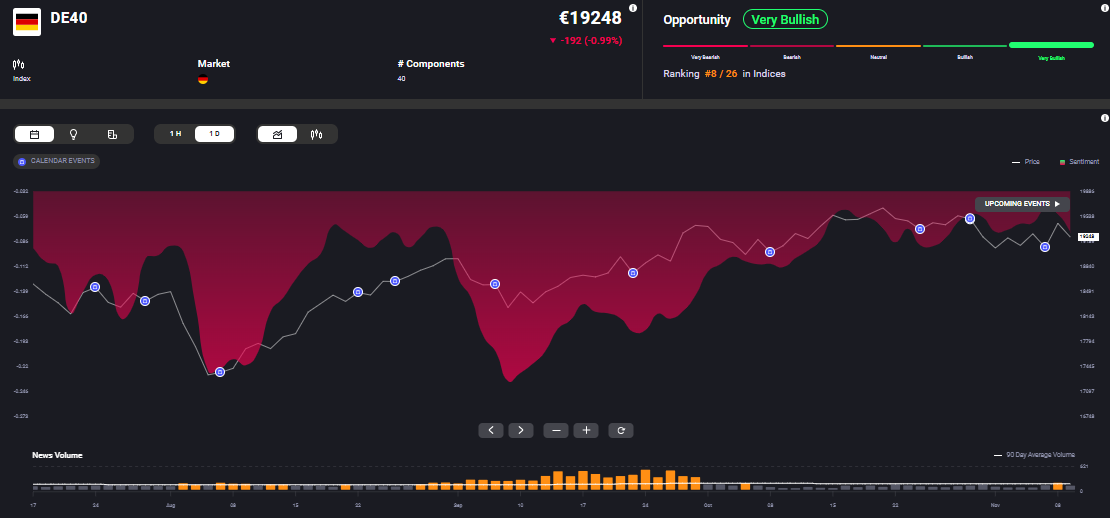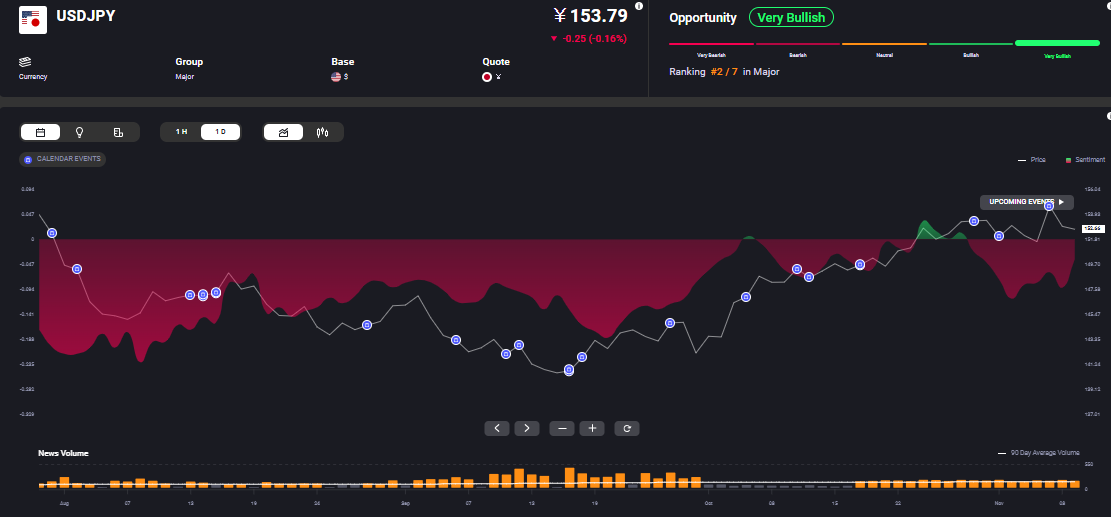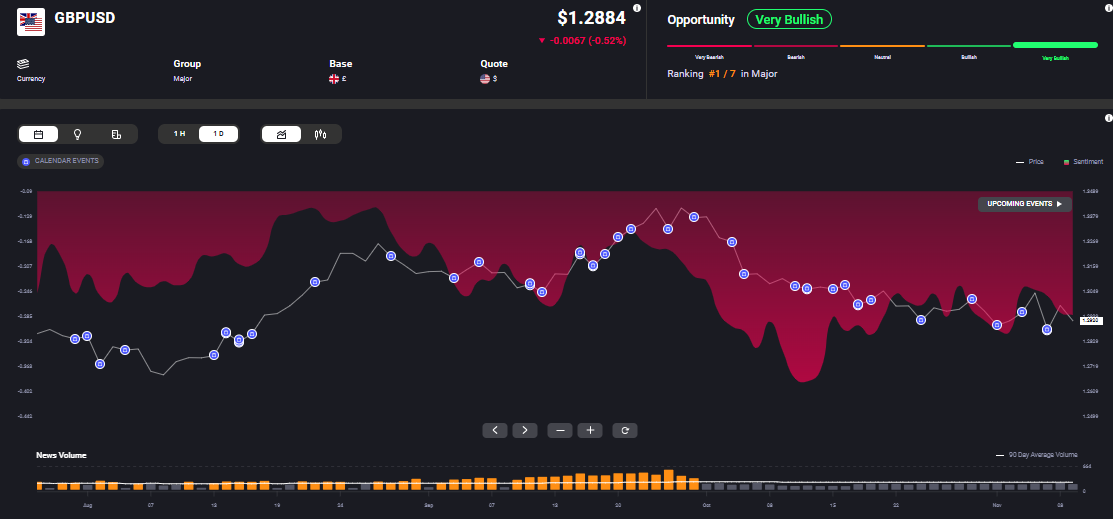The OECD (Organization for Economic Co-operation and Development) has upgraded its growth outlook for the UK from 0.4% to 1.1% for 2024 and from 1.0% to 1.2% for 2025. The Paris-based organisation has earlier forecast that the British economy would grow at the weakest pace among the G7 countries.
However, following the faster-than-expected economic growth posted for the first half of 2024, the OECD revised its outlook. It also cited the changes in the UK’s budget rules, stating that they would boost investment. The faster-than-expected economic growth has prompted other forecasters, including the Bank of England (BoE), to raise their growth predictions for the UK for 2024.
What's Driving India's Economic Strength?
On October 30, 2024, Finance Minister Rachel Reeves announced that the British economy would grow by 2% in 2025, up from the Office of Budget Responsibility’s (OBR) earlier projection of 1.9%, when the Conservative government was in power. The OBR now expects the economy to expand by 1.8% in 2026 and 1.5% in 2027, Reeves announced during her first budget statement speech.
Some of the factors driving the growth of the UK economy include:
- Stronger retail and construction performance: In May, the economy grew by 0.4%, with construction growing at its fastest rate in almost a year.
- Increased household savings: In the spring, the household saving ratio rose to 10%, the highest rate since the COVID-19 lockdowns.
- Strong jobs market: Wages are growing faster than inflation, and the jobs market remains strong.
- Interest rate cuts: The BoE’s interest rate cuts could boost growth.
- Increased public investment: The government is looking to increase public investment and build on the UK’s recent business investment success.
The economy is also expected to receive a boost from the focus of Prime Minister Keir Starmer and Finance Minister Rachel Reeves on driving stronger growth.
The UK Expected to Grow Faster Than Japan and Germany
According to the OECD, the global economy is “turning a corner,” where the UK is likely to grow at a faster rate than Japan, Germany and Italy. In fact, the OECD has ranked Great Britain a joint second among the G7 nations, expected to grow at par with Canada and France.
However, the UK is still expected to face headwinds due to inflation. Inflation was reported at its lowest since April 2021, coming in at 1.7% for the year to September 2024, below the BoE’s target of 2%. But the central bank expects an increase in inflation to around 2.5% by end-2024 and 2.7% by end-2025 based on the Labour government’s first budget. The BoE expects inflation to decline gradually below its target of 2% by mid-2027.
Declining inflation and interest rate cuts by central banks are likely to support growth in most major economies. Although business investment has been low in most developed countries, low inflation and rising wages have driven higher-than-expected consumer spending. A decrease in inflation also means an increase in real incomes, which has boosted consumer spending.
However, Germany has been struggling with high food prices, which have risen 16% above the average wage growth in the country since 2019. Several leading economic research organisations have lowered their economic forecasts for Germany for 2024. The economy is now expected to decline 0.1% this year, compared to projections of a 0.1% increase in spring 2024. Germany is expected to grow 0.8% in 2025 and 1.3% in 2026.
One of the primary reasons cited for these forecasts is the structural problems in the country, such as the pressure the government’s budget cuts are placing on the economy. On the other hand, existing core industries in Germany are under significant pressure to change. Digitalisation, decarbonisation, demographic change, increasing regulations in the EU, energy price shocks, competition from China and rising protectionism are also adding pressure on business models. Companies are being forced to adapt not just comprehensively but also sustainably.
However, the German DAX 40 index has had a good run in 2024, rising 16.42% YTD as of November 11. In fact, Acuity’s AssetIQ widget shows that market sentiment for the index remains very bullish.

Meanwhile, Japan has slipped to being the fourth largest economy in the world, falling below Germany in 2023. The economy seems to have lost a lot of its productivity and competitiveness as the population continues to shrink. The nominal GDP came in at $4.2 trillion for 2023, compared to Germany’s $4.4 trillion. The IMF cuts its growth forecasts for Japan in October from 0.7% to 0.3% for 2024, the lowest growth estimate since 2020. The organisation cited the “fading of a one-off boost” in tourism and supply chain disruptions in the auto industry as the reasons.
However, the economy is expected to expand by 1.1% in 2025, driven by improvements in wage growth and private consumption. Against this backdrop, the USD/JPY has strengthened almost 9% YTD as of November 11, 2024. The bullish sentiment for this currency pair is reflected in Acuity’s AssetIQ widget.

GBP/USD On The Rise
The favourable outlook on the British economy, coupled with the BoE cutting interest rates for the second time this year on November 7, has supported the GBP/USD pair. The BoE cut interest rates by 25 basis points to 4.75%, while stating that future rate cuts could be gradual since the government’s budget plan could lead to inflation. The cut led to the pound sterling gaining against its major peers. Acuity’s AssetIQ widget reflects this bullish sentiment.

If the predictions for the UK economy pan out, the FTSE 100 and the GBP could find support. Offering powerful tools for analysis can help your traders make the most of the opportunities offered by the British economy.